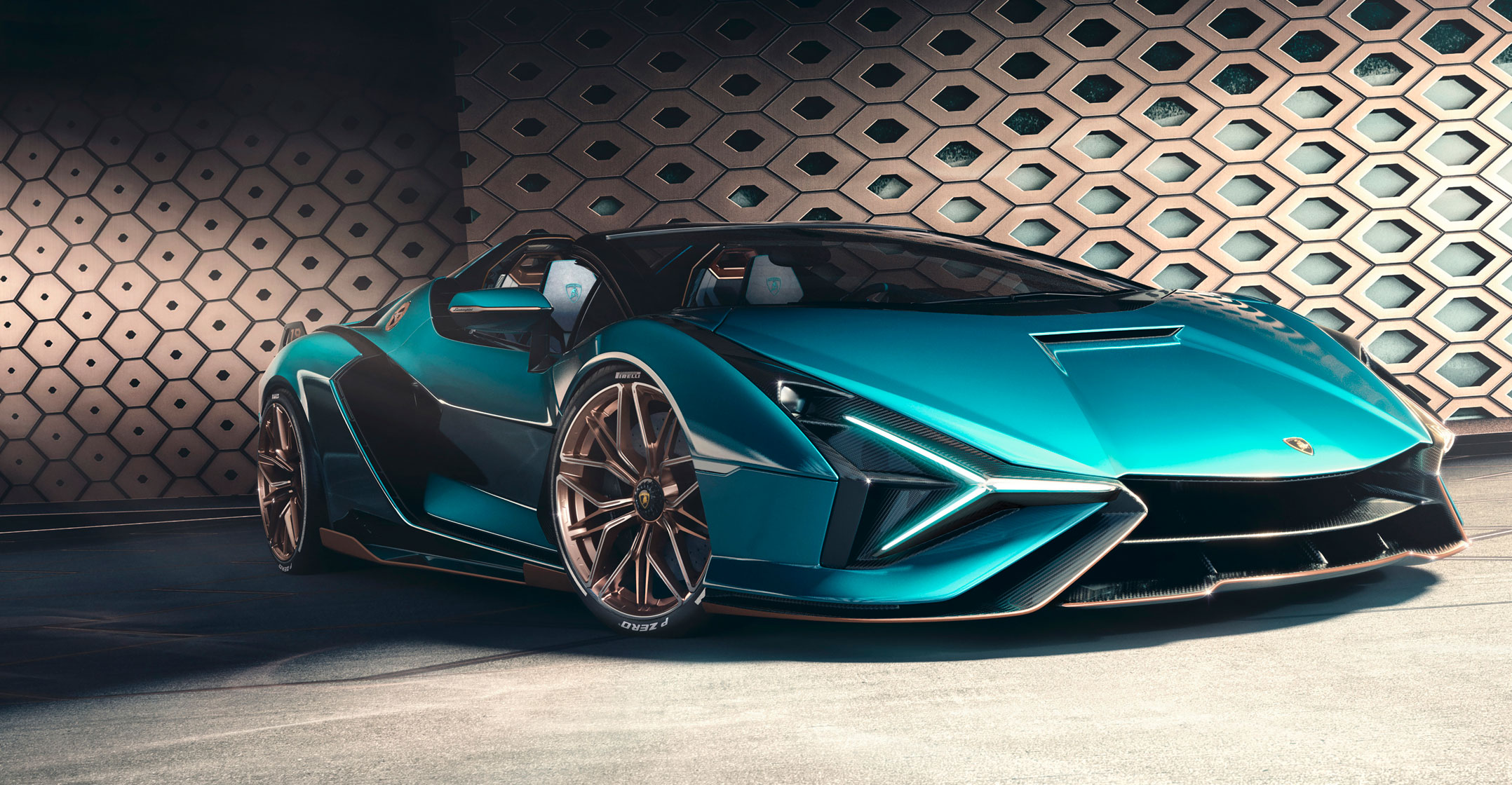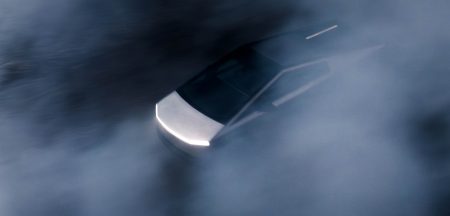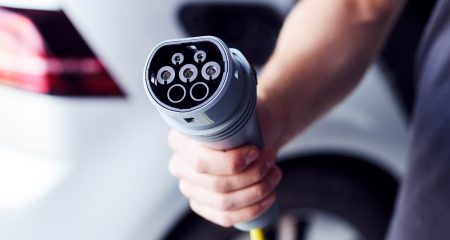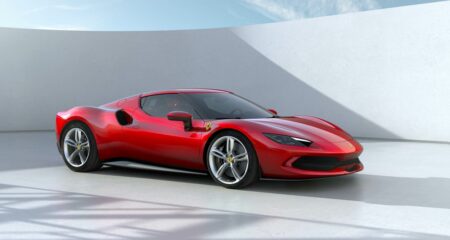 Lamborghini is the latest supercar maker to pivot from screaming V12 combustion engines to electric.
Lamborghini is the latest supercar maker to pivot from screaming V12 combustion engines to electric.
Volkswagen’s Italian brand announced on Tuesday that by 2024, it will offer plug-in hybrid versions of each model in its line-up — from the bestselling Urus SUV to the track-suited Aventador — with the first arriving in two years. Lamborghini also will launch its first vehicle powered purely by battery in the second half of the decade, CEO Stephan Winkelmann said.
The brand will spend €1.5-billion to develop the new fleet that, starting in 2025, will halve emissions across the product line, Winkelmann said in an interview. The outlay will be the largest investment ever for Lamborghini.
“The reduction of the CO₂ emissions is interesting to the big brands of the automotive industry, but it’s even more difficult and even more impacting for a super-sports-car manufacturer like Lamborghini,” Winkelmann said. “You need to reduce the emissions, but on the other hand you have to stay a performance-orientated, super-sports-car manufacturer without any doubt. So it’s a big challenge for us. In a very simple way, you have to change everything not to change anything.”
Strategy
VW group, Europe’s largest car maker, has contemplated a possible sale or listing for Lamborghini under CEO Herbert Diess to focus on its namesake brand and the Audi and Porsche divisions, but the deliberations haven’t won support from key stakeholders. Now the goal is to sketch out a strategy for Lamborghini that chimes with VW’s push into electric cars powered by batteries and software stacks that can challenge Tesla.
Lamborghini “remains a hidden gem” with a brand value of up to €10-billion , Bloomberg Intelligence analyst Michael Dean said in a report last week. While the car maker presented a concept for a hybrid dubbed Asterion at the Paris auto show back in 2014, it has remained largely tight-lipped ever since about concrete plans to plug batteries into its low-slung performance vehicles.
Winkelmann said the all-electric model likely will have four seats and two doors, though the configuration of the vehicle hasn’t been finalised. “We are already working on that next step,” he said.

The brand based in Sant’Agata Bolognese, near archrival Ferrari’s headquarters outside Modena, delivered a record number of vehicles in the first quarter, a surge of almost 25% from a year ago. Revenue grew 5.4% to €509-million. The subsidiary of VW’s Audi division doesn’t publish detailed earnings results.
Lamborghini isn’t the first among VW’s brands to electrify its whole line-up. British marque Bentley mapped out a plan late last year to retire its 12-cylinder engines and offer only hybrid and electric cars by 2026. It aims to switch its entire line-up to fully electric vehicles four years later.
VW’s shift also may extend to its French brand Bugatti, which could be folded into a joint venture with Croatian electric supercar maker Rimac. — Reported by Christoph Rauwald and Hannah Elliott, (c) 2021 Bloomberg LP




